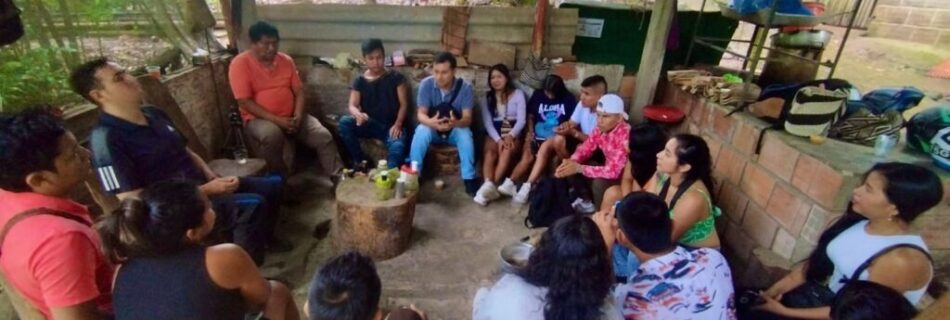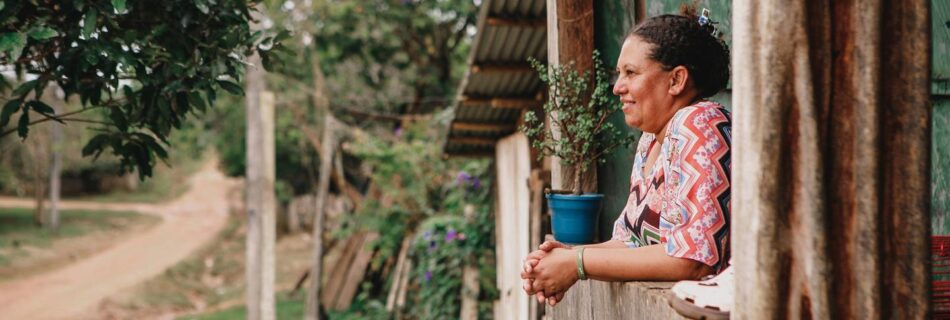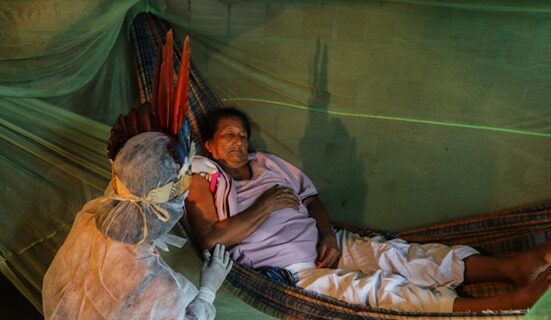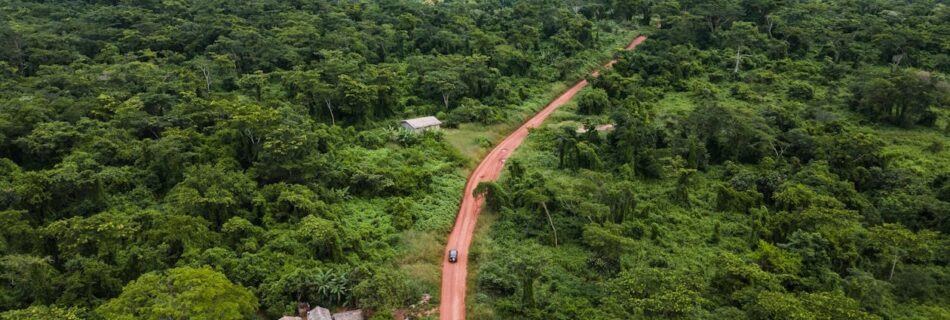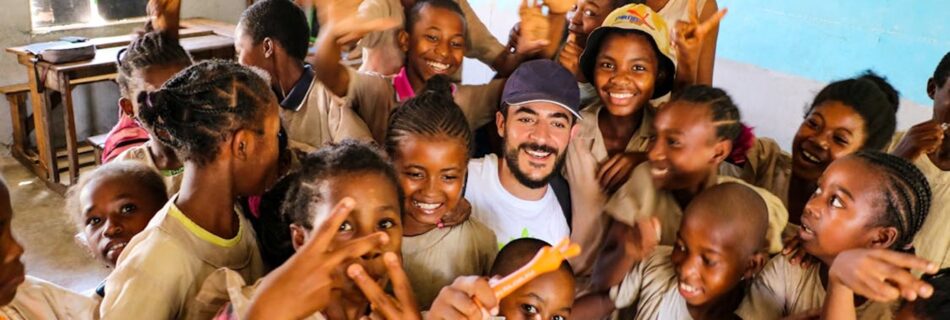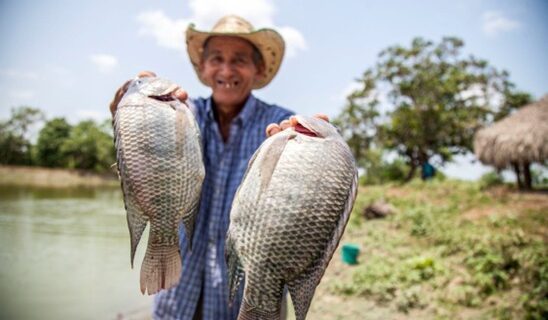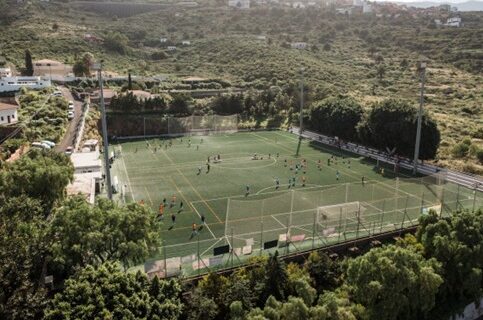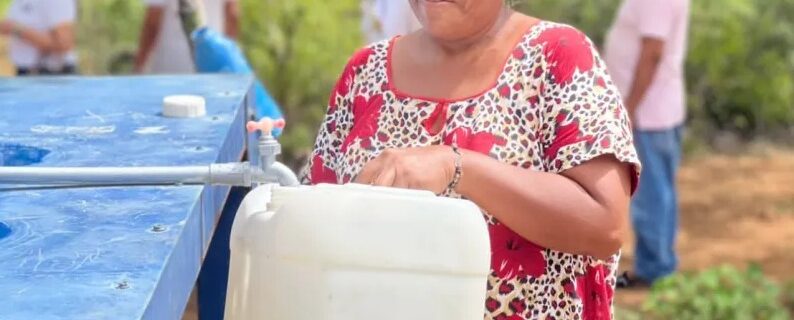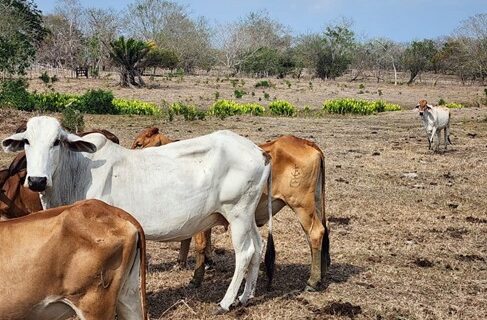CARE, CULTURE, AND PREVENTION: COMMUNITY SEXUAL HEALTH STRATEGY IN THE MONTES DE MARÍA, FOR ZENÚ INDIGENOUS YOUTH.
SUMMARYThis scientific article describes the implementation and evaluation of a preventive and reproductive health project carried out by the Ecoceanos FOUNDATION in three Zenú indigenous communities in Montes de María, Sucre, Colombia. The project, developed between March 2024 and March 2025, addressed critical needs in adolescent sex education and in maternal health, family planning, and menstrual health for adult women. Through a participatory methodology and an intercultural approach, it was possible to directly impact approximately 1,150 people, of which 450 were adolescents and 700 adult women. The results indicate a significant 65% increase in knowledge about sexual and reproductive health in adolescents and a 58% increase in knowledge and adoption of healthy practices in women, reflecting an estimated 20% reduction in unwanted adolescent pregnancies and a 35% increase in the use of family planning methods. The collaboration of 20 indigenous leaders was instrumental, amplifying the message to an estimated network of more than 3,000 people by word of mouth. This project underscores the effectiveness of a project management model that integrates cultural respect, community participation, and local leadership as pillars for the sustainability and success of health interventions in indigenous contexts.Keywords: Preventive health, reproductive health, Zenú indigenous communities, Montes de María, sex education, maternal health, family planning, menstrual health, project management, intercultural approach.

